
Despite What You Might Think, Major Technological Changes Are Coming More Slowly Than They Once Did
Major technological shifts are fewer and farther between than they once were

Major technological shifts are fewer and farther between than they once were

A new study demonstrates it is surprisingly easy to ID an individual within a supposedly incognito data set

The pack produces a steady trickle of electricity from the swinging motion of your stuff. Christopher Intagliata reports.
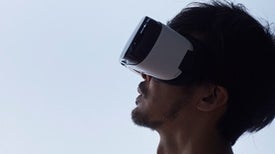
The technology holds vast potential for insights into the workings of human brains

Virtual assistants are getting smarter. Let's think about how that will play out

The materials used in iPhones and Tesla cars need not become a long-term casualty of a U.S.-China trade war

They have legitimate value, but we physicians entered the profession to connect with and help patients—not stare at a screen

Known for climate change work, the pioneer says global warming, AI and genetic engineering are self-inflicted threats to humanity
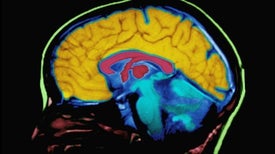
We don't yet know what the immersion in technology does to our brains, but one neuroscientist says the answer is likely to be that there's good, there's bad, and it's complex.
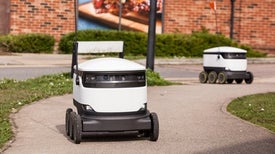
As automated delivery ramps up, cities must decide how to make the best use of public spaces
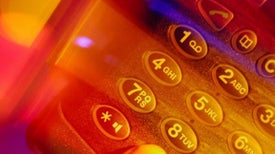
The lack of security built into phone networks leaves callers vulnerable to snooping, but the growth of encrypted communications will help protect privacy
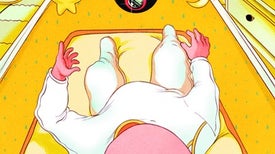
It's a malware-eat-malware world
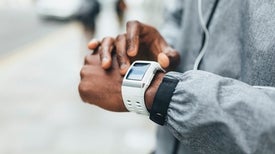
Researchers built a small, flexible device that harvests wi-fi, bluetooth and cellular signals, and turns them into DC electricity. Christopher Intagliata reports.
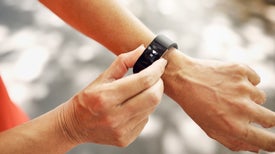
New 2-D electronic technology may reap radio energy to power an array of devices such as hearing aids, sensors and other gadgets that make up the Internet of Things

A rigorous new paper uses a new scientific approach that shows the panic over teen screen time is likely overstated

Quadcopters with thermal imagery cameras can help detect vicious mini-mines that often kill or maim children
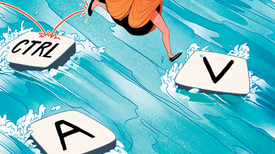
Apple adopted them early and brilliantly, and they usually made sense

Researchers are developing wristbands and apps to predict moods—but the technology has pitfalls as well as promise

When Americans go to the polls, will hackers unleash chaos?
Support science journalism.

Thanks for reading Scientific American. Knowledge awaits.
Already a subscriber? Sign in.
Thanks for reading Scientific American. Create your free account or Sign in to continue.
Create Account